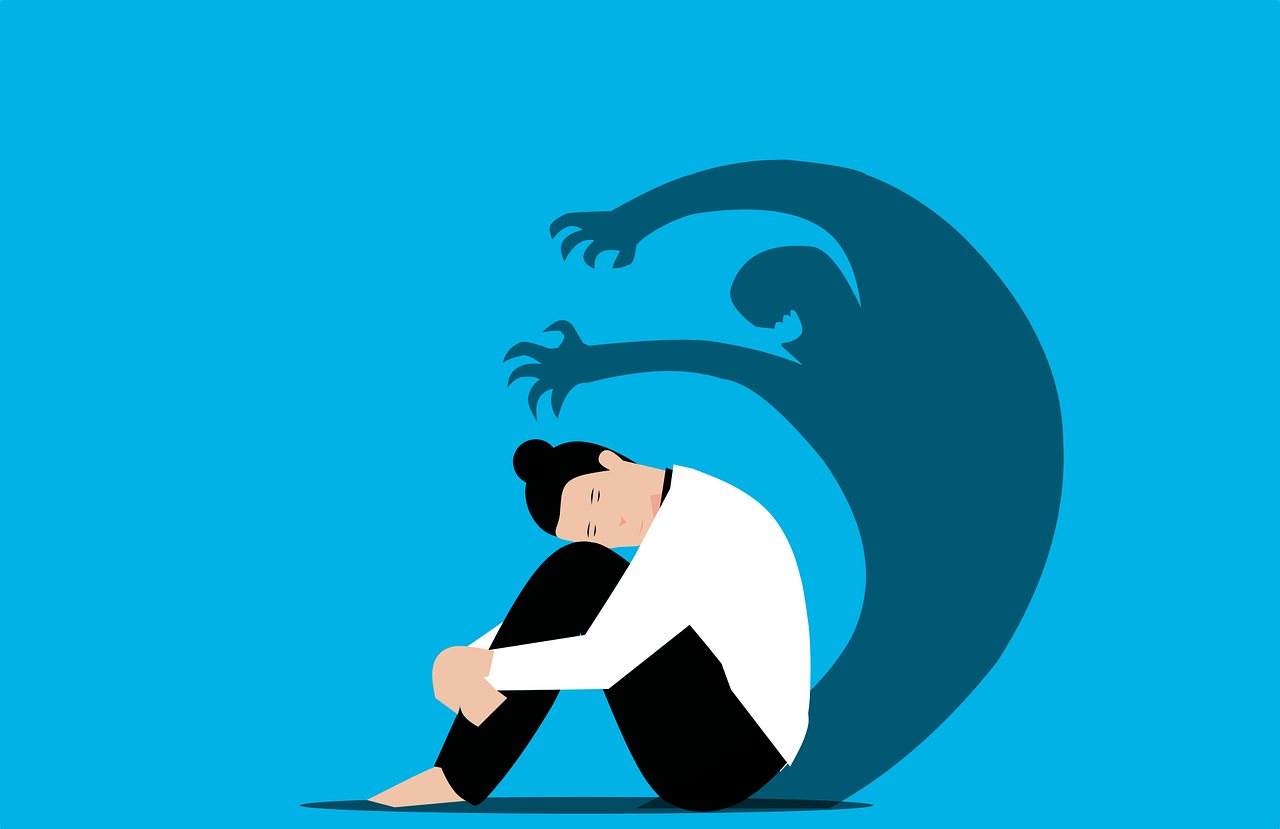In a rapidly changing world, where societal expectations, technology, and fast-paced lifestyles dictate much of our behavior, importance of mental health awareness has emerged as a critical issue. In India, where the intersection of tradition and modernity creates unique challenges, mental health often remains a neglected subject, shrouded in stigma and misunderstanding. Addressing this gap is essential to ensuring a healthier, more inclusive society.
This article delves deeper into why mental health awareness is vital, particularly in India, and explores how we can create a culture of understanding, empathy, and support.
Table of Contents
The State of Mental Health in India
According to the World Health Organization (WHO), approximately 15% of the Indian population suffers from some form of mental illness, with depression and anxiety disorders being the most common. Yet, a significant majority of these cases remain untreated due to stigma, lack of awareness, and limited access to mental health resources.
For instance, India has fewer than one psychiatrist for every 100,000 people, far below the recommended ratio. In rural areas, where traditional beliefs dominate, mental health issues are often attributed to supernatural causes or personal weakness, further deterring individuals from seeking help.

Why Mental Health Awareness is Crucial (Importance of Mental Health Awareness)
1. Breaking the Stigma
In Indian society, discussing mental health is often taboo. Expressions like “Pagal hai kya?” (Are you mad?) are commonly used. This stigma prevents individuals from acknowledging their struggles or seeking professional help.
Take the case of Bollywood actress Deepika Padukone, who publicly shared her battle with depression. Her candid revelation was a groundbreaking moment, inspiring millions of Indians to confront their mental health challenges. Such stories emphasize the need for awareness to normalize mental health conversations.
2. Addressing Cultural and Societal Pressures
India’s unique cultural landscape adds layers of stress to daily life.
Academic Pressure: Students face immense pressure to excel academically, often leading to anxiety, depression, and even suicide. According to the National Crime Records Bureau (NCRB), India loses over 10,000 students to suicide annually, with exam stress being a significant factor. Initiatives like CBSE’s Manodarpan aim to provide counseling to students, but the gap remains wide.
Marriage and Family Expectations: Societal norms around marriage, particularly for women, can lead to mental health struggles. Young adults often face the burden of fulfilling family expectations, resulting in emotional distress.
Workplace Stress: The corporate culture in India often glorifies overwork, leaving little room for mental well-being. Employees are expected to handle high workloads and long hours, leading to burnout and dissatisfaction.
Awareness can help individuals and families recognize these pressures and prioritize mental well-being over societal expectations.
3. Encouraging Early Intervention
Mental health issues often start slowly but can escalate if left unaddressed. Early identification and treatment can prevent long term consequences.
For instance, a young professional in a metropolitan city may experience symptoms of anxiety—restlessness, insomnia, or difficulty concentrating—but dismiss them as temporary. Without awareness, they might not seek help until the condition worsens. Campaigns like #NotAshamed and helplines such as AASRA play a vital role in educating individuals about the importance of seeking timely help.
4. Fostering Supportive Communities
A lack of awareness often isolates individuals struggling with mental health issues. When communities understand the importance of mental health, they become more empathetic and supportive.
For example, NGOs like The Live Love Laugh Foundation have initiated programs to train teachers, parents, and community leaders in recognizing signs of mental distress. By fostering such supportive environments, individuals are more likely to feel valued and understood.
5. Promoting Holistic Well-Being
Mental health awareness goes beyond addressing disorders; it encompasses promoting overall well-being. Practices like mindfulness, meditation, and yoga—deeply rooted in Indian tradition—can be powerful tools for maintaining mental balance.
Organizations like Art of Living and Isha Foundation have successfully integrated these practices into modern lifestyles, emphasizing their role in reducing stress and enhancing emotional resilience.
Barriers to Mental Health Awareness in India
Despite its importance, several barriers hinder the spread of mental health awareness in India:
1. Lack of Resources: India’s mental health infrastructure is severely underdeveloped, with a shortage of professionals and facilities.
2. Cultural Beliefs: In rural areas, mental health issues are often attributed to supernatural causes, such as curses or possession, delaying proper treatment.
3. Financial Constraints: Therapy and counseling are often seen as luxuries, unaffordable for many families.
4. Gender Dynamics: Women, particularly in conservative settings, face additional challenges in accessing mental health care due to societal restrictions.
Addressing these barriers requires a multi-pronged approach, involving education, policy changes, and community engagement.
How to Promote Mental Health Awareness in India
1. Educational Initiatives
Schools and colleges should prioritize mental health education. For example:
Schools like The Shri Ram School in Delhi have introduced mental health programs to help students manage stress and anxiety.
Universities can set up counseling centers and conduct workshops to equip students with coping mechanisms.
2. Leveraging Technology
With the rise of digital platforms, apps like Wysa and InnerHour offer affordable, accessible mental health support. These tools can bridge the gap for individuals hesitant to seek face-to-face counseling.
3. Corporate Wellness Programs
Workplaces should adopt mental health policies, including regular counseling sessions, flexible working hours, and stress management workshops. Companies like Tata Consultancy Services (TCS) have set a precedent by integrating mental health into their wellness programs.
4. Government and NGO Initiatives
The Indian government’s National Mental Health Programme (NMHP) aims to provide affordable mental health services. Collaborations with NGOs like Mind Matters Foundation can amplify these efforts.
5. Public Campaigns
Awareness campaigns on television, radio, and social media can challenge stereotypes and spread accurate information. For instance, Deepika Padukone’s collaboration with the Live Love Laugh Foundation has helped bring mental health into mainstream conversations.

Real-Life Impact of Awareness
1. Student Success
A 16-year-old student from Hyderabad struggling with exam stress found solace through counseling provided by her school. After regular sessions, she not only improved academically but also developed better coping mechanisms for future challenges.
2. Workplace Transformation
A Bengaluru-based IT professional faced severe burnout but received support through his company’s Employee Assistance Program. Counseling helped him regain balance, leading to improved performance and personal satisfaction.
3. Community Healing
In a rural village in Maharashtra, an NGO conducted mental health workshops, educating families about depression and anxiety. As a result, a young woman who was previously ostracized for her “odd behavior” was supported and connected with professional help, transforming her life.
Conclusion
Mental health awareness is not just about addressing disorders—it’s about creating a society that values emotional well-being as much as physical health. In India, where societal pressures, cultural norms, and resource limitations present unique challenges, raising awareness is the first step toward change.
By fostering open conversations, supporting early intervention, and integrating mental health into schools, workplaces, and communities, we can build a healthier, more inclusive future. Whether it’s a student battling academic stress, a professional facing burnout, or a homemaker navigating isolation, mental health matters for everyone.
Mental health is not a privilege but a right… Let’s take a collective responsibility to educate, empathize and empower.

